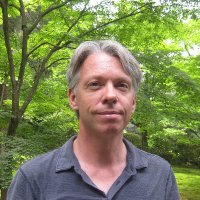
Steven Heine
@stevenheine4
Canadian social/cultural psychologist at UBC. Japanophile. Author of "Start Making Sense.," "DNA is Not Destiny," and "Cultural Psychology."
ID: 1290315708597821440
03-08-2020 15:57:05
1,1K Tweet
1,1K Followers
438 Following



The new reading list is up, and we have 11 books from some amazing authors like Steven Heine Ezra Klein Derek Thompson Brian Tyler Cohen Tom Nichols Emre Soyer Ramit Sethi and more! Read: open.substack.com/pub/therewired…



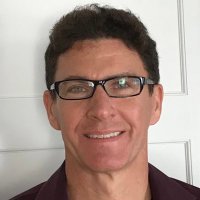
Just finished "Abundance" by Ezra Klein and Derek Thompson. Fantastic book! I found myself thinking, "I couldn't agree more." Well done! If I may offer one critique...however...




Very nice in pnas - people who slept closer to their own culture's norms for sleep duration had better overall health. Sleep duration is more complex than often considered in a strict neuroscientific or biomedical sense. Christine Ou Steven Heine pnas.org/doi/10.1073/pn…

On CTV Morning Live with Keri Adams, Dr. Steven Heine of UBC Sociology & Dr. Christine Ou of University of Victoria - School of Nursing share study findings on quantity & quality of healthy sleep! 😴 ctvnews.ca/vancouver/vide…

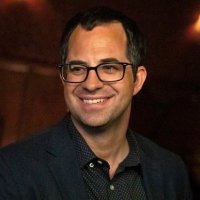



New paper: Applying computation tools to over 2000 years of textual data in Chinese, we test the hypothesis that the organization of families (kin-based institutions) shapes our psychology. Mohammad Atari Edward Slingerland Kevin Hong Jonathan Schulz




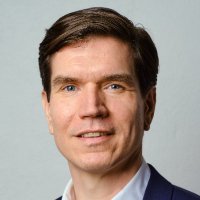
In the 18th century, there was a real chance of death at any point in life, and there wasn't a big peak in old age. It wasn't just higher infant mortality - the whole distribution was completely different. Great chart by Inquisitive Bird.
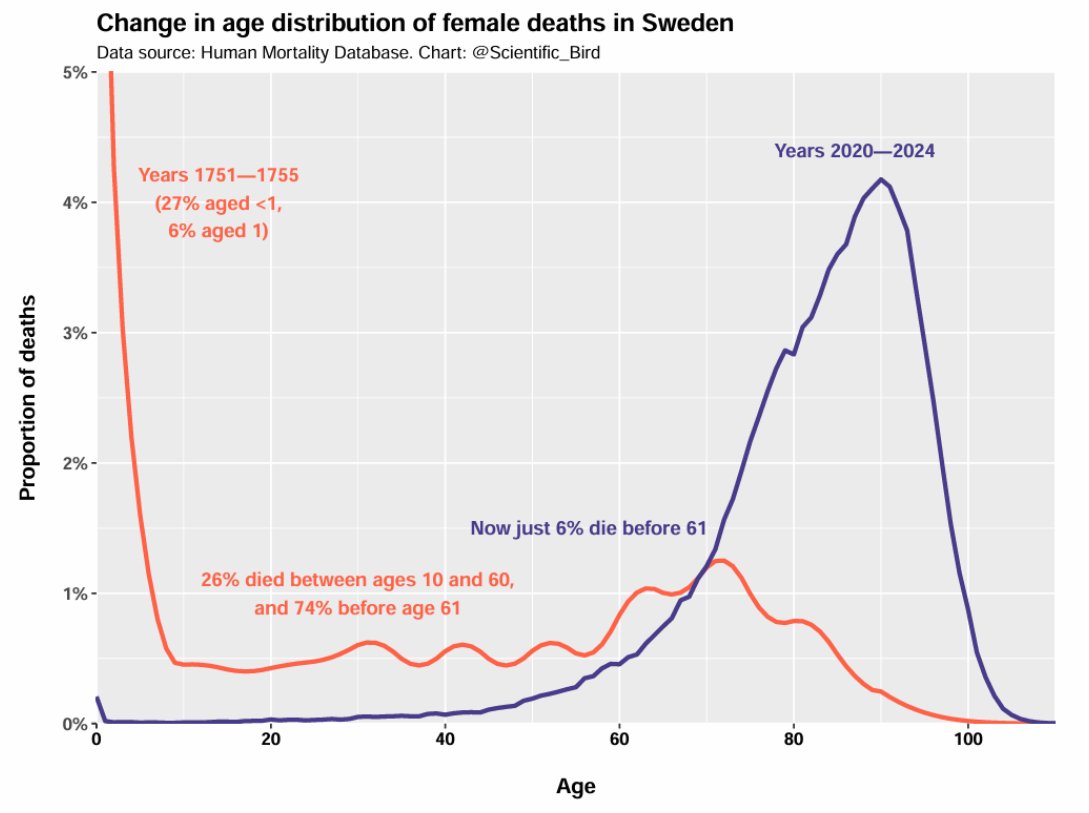

WEIRD Physiology: while psychologists continue to insist that they can infer 'human' thinking from narrow American samples, data from on physiology, health & anatomy confirms the phenotype-altering impact of WEIRD lifestyles. Fascinating piece Michael Gurven nature.com/articles/s4358…

